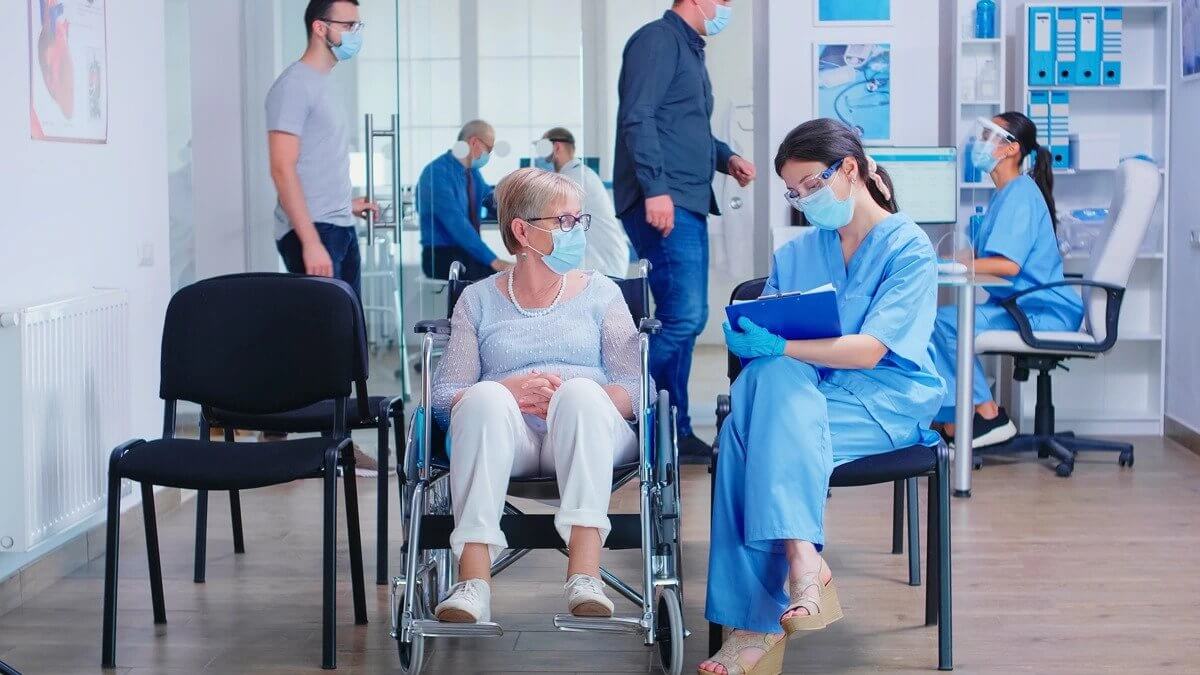
Is Neck Pain After Car Accident Serious
Experiencing neck pain after a car accident is common, but it should never be taken lightly. While some cases of neck pain may resolve independently with time, it is crucial to recognize that it can also be a symptom of a more serious underlying condition. Understanding the potential seriousness of neck pain after a car accident is crucial for seeking appropriate medical attention and ensuring proper care and treatment.
What is a Whiplash?
Whiplash is a neck injury caused by a sudden and forceful back-and-forth head movement resembling a whip’s crack. While rear-end car accidents are the primary cause, whiplash can also result from falls and sports accidents. It is essential to recognize the signs and symptoms of whiplash and seek appropriate medical attention for an accurate diagnosis and effective treatment.
Causes of Whiplash
Whiplash occurs when the head undergoes a violent forward and backward motion, leading to injury in the bones, discs, ligaments, muscles, and nerves of the neck. Common causes of whiplash include rear-end collisions, physical assault or abuse, and contact sports-related collisions or tackles.
Signs and Symptoms
The signs and symptoms of whiplash typically appear within days after an injury and may include:
- Stiffness and neck pain that worsens with movement.
- Restricted range of motion in the neck.
- Headaches are often felt at the base or top of the skull.
- Shoulder, upper back, or arm pain or tenderness.
- Tingling or numbness in the arms.
- Fatigue and dizziness.
- Other associated symptoms include blurred vision, tinnitus (ringing in the ears), sleep disturbances, irritability, concentration difficulties, memory issues, and depression.

Other Types of Injury after a Car Accident
Car accidents can result in various types of injuries, ranging from mild to severe. Understanding the common types of injuries that can occur after a car accident is essential for recognizing potential symptoms and seeking appropriate medical care.
Fractures and Broken Bones
The impact of a car accident can lead to fractures and broken bones in various parts of the body. Common areas prone to fractures include the arms, legs, ribs, and wrists. Fractures may cause pain, swelling, bruising, deformity, and difficulty moving the affected area.
Head Injuries
Car accidents can cause head injuries, ranging from minor concussions to severe traumatic brain injuries (TBIs). Even with seat belts and airbags, the head may still strike the steering wheel, dashboard, or window, leading to injuries. Symptoms of head injuries include headaches, dizziness, confusion, memory loss, nausea, and in severe cases, seizures or loss of consciousness.
Soft Tissue Injuries
Soft tissues, such as muscles, tendons, and ligaments, can be damaged during a car accident. Strains, sprains, and contusions are common soft tissue injuries. Symptoms include pain, swelling, stiffness, and limited range of motion in the affected area.
Back and Spinal Cord Injuries
Car accidents can cause severe back injuries, including herniated discs, spinal cord injuries, and vertebral fractures. These injuries can result in chronic pain, numbness or tingling, difficulty walking, loss of sensation, or even paralysis, depending on the severity of the damage.
Internal Injuries
The force of a car accident can cause internal injuries, which may not be immediately apparent. These injuries can affect organs such as the liver, spleen, kidneys, or lungs. Symptoms may include abdominal pain, swelling, internal bleeding, dizziness, or shortness of breath.

Complications and Recovery
In most cases, whiplash sufferers experience relief within a few weeks. However, some may continue to have chronic neck pain or other long-lasting issues. The severity and sudden onset of initial symptoms, such as severe motion limitation and radiating arm pain, can increase the risk of chronic pain. However, it is essential to note that the recovery process can vary and is unpredictable.
Seeking Medical Attention
If you experience neck pain, whiplash, or other symptoms following a sports injury, car accident, or any other trauma, it is crucial to consult a doctor promptly. An accurate diagnosis is essential to rule out any underlying damage, such as broken bones, and to determine the most appropriate treatment plan.
Treatment
Treatment for whiplash typically involves a combination of pain medication and exercise. It is essential to follow the guidance of medical professionals to manage pain, restore range of motion, and promote healing. In some cases, additional therapies such as physical therapy, chiropractic care, or massage may be recommended to aid recovery.
Schedule Your Appointment
If you have been involved in a car accident and are experiencing neck pain or any other symptoms, don’t ignore it. Your health and well-being are of utmost importance, and prompt medical attention is essential. At Florida Medical Pain Management, our team of specialized car injury doctors is here to help.
Our experienced doctors understand the complexities of car accident injuries and are dedicated to providing comprehensive and personalized care. We utilize advanced diagnostic techniques to assess your condition accurately and develop a tailored treatment plan that focuses on your recovery. Call us today to book your appointment.
Our Treatment Services
Florida Medical Pain Management’s top priority is serving our patients’ needs and creating long-lasting relationships with them. Our treatments include:
- Treatment for Neuropathy
- Arthritis Management
- Back Pain Medication
- Chronic Pain Treatments
- PRP Injections
- Epidural Injection
- Regenerative Medicine
- Hip Pain Medication
- Ketamine Infusion Therapy
We want to help patients live more fulfilling and productive lives by effectively managing their pain. Florida Medical Pain Management also provides home therapy and many more. Click here to see our other services.















